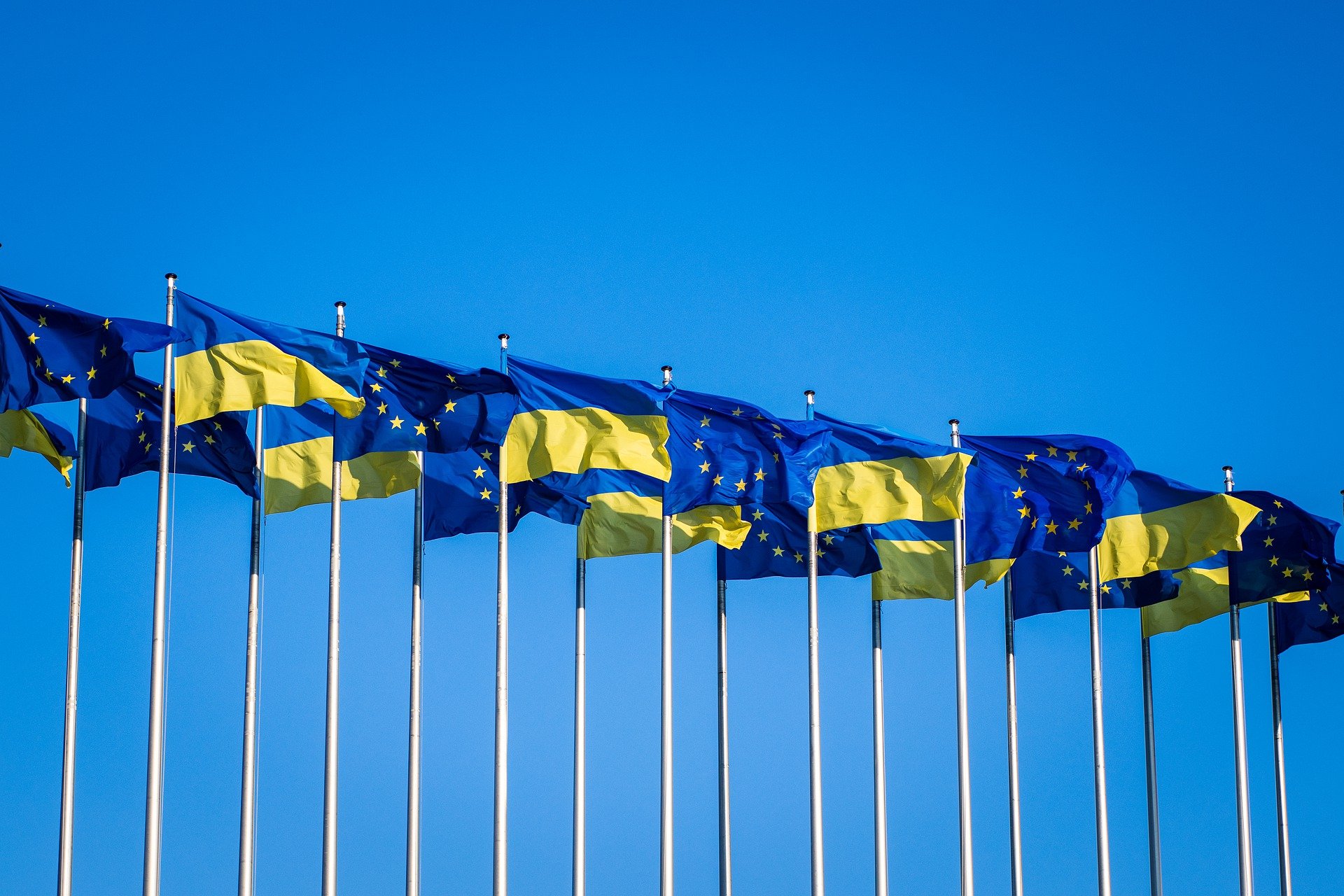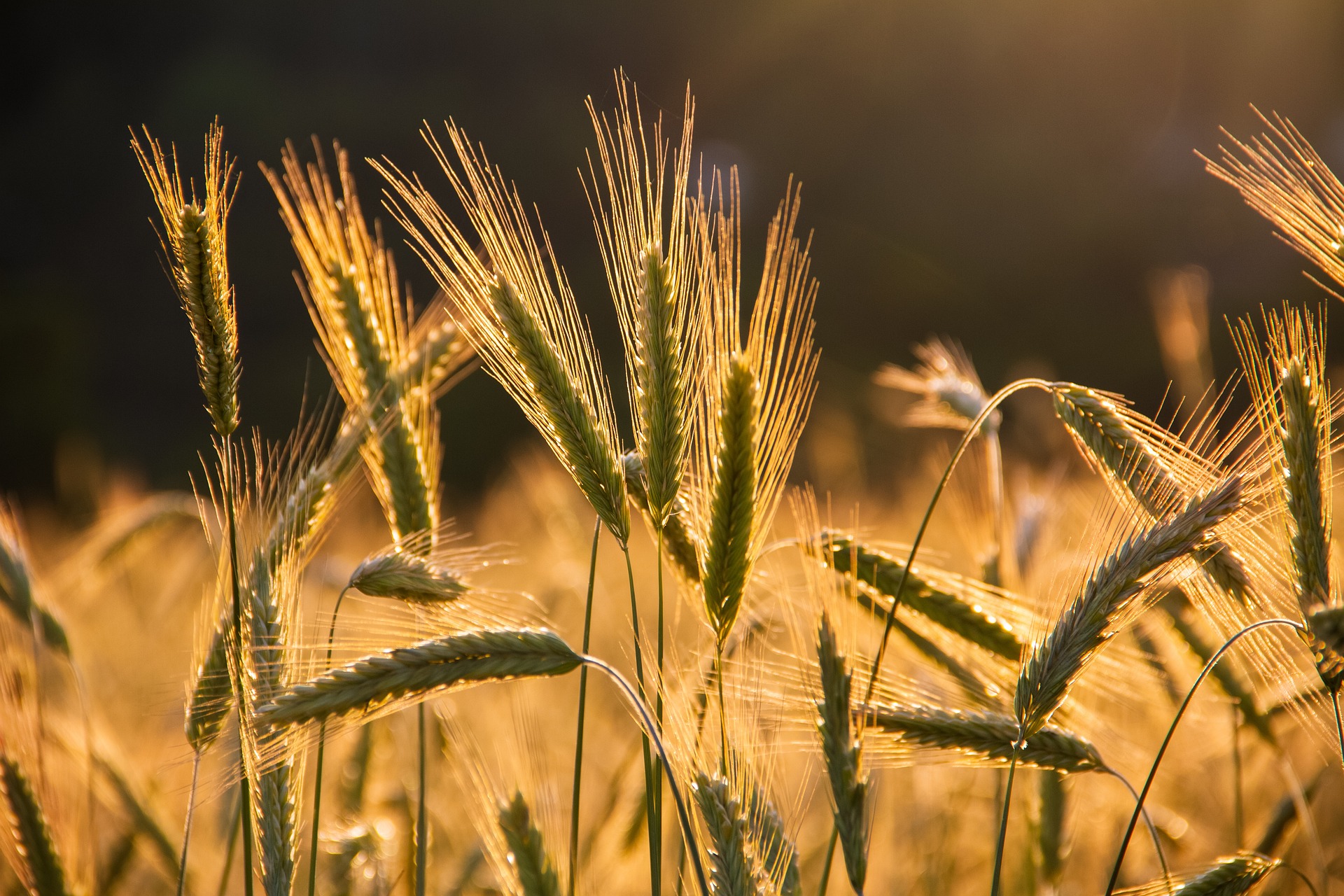
Ukraine's accession would upset the current balance of power in the European Union.Continue reading

When Brussels pushes for Ukraine’s accession, it is gambling with the livelihoods of all EU producers and food security, said Zsolt György Papp, president of the Hungarian Chamber of Agriculture (HCA), in an interview published on Agrokult.hu on Thursday.
“Ukraine’s accession poses a huge risk to agricultural markets, food security, and the livelihoods of producers and food manufacturers,” he emphasized. It would cause significant declines in agriculture in both Hungary and other EU countries, while also posing serious food security risks for consumers, he added.
The HCA president noted that Ukraine is one of the world’s leading agricultural exporters, with more than 40 million hectares of arable land. He mentioned as an example that this is eight times the size of Hungary’s arable land and more than a quarter of the EU’s total arable land.
Ukraine has enough agricultural output to feed around 400 million people and accounts for roughly 10% of the world’s total wheat production.
Last year, Ukraine produced nearly 30 million tons of corn, which is six times the Hungarian harvest. More than half of Ukrainian food exports go to Europe; while 90,000 tons of poultry meat used to be exported from Ukraine to the EU each year, this figure exceeded 280,000 tons after the outbreak of the war, he pointed out.
According to Zsolt György Papp, it is questionable why Brussels decision-makers are pushing for accelerated accession. This question is often raised with them by agricultural interest groups from many other countries, he remarked.
The HCA president said it was thought-provoking that
while Brussels was talking about helping Ukrainian agriculture and farmers, it was mainly Western-owned, foreign-registered mega-companies that were playing a leading role in agriculture in Ukraine.
They are taking advantage of the fact that huge tracts of land can be bought up and that wages are extremely low there. In addition, these Western investors are installing modern irrigation systems and state-of-the-art technologies, Mr. Papp noted. At the same time, strict EU production and sustainability standards do not apply to production there, which means that it can be produced more cheaply, but not in compliance with EU production requirements, he said.
Papp pointed out that
several plant protection products are used in Ukraine that have been banned in the EU for decades.
In addition, a significant part of the trade in plant protection products is completely uncontrolled and takes place on the black market. Furthermore, the cultivation of genetically modified crops is also permitted, which is prohibited in Hungary under the constitution. EU production is very strictly regulated in all segments of the agricultural and food industry, which also imposes costs on producers, but these requirements do not apply to Ukraine, he added.
Regarding the financial implications of Ukraine’s accession to the EU, the HCA president explained that the destructive effects of Ukrainian price dumping flooding the EU market have already been felt in recent years and would only intensify. Due to the lenient regulations in Brussels, Ukrainian grain exports to Hungary jumped from $5 million before the war to $400 million in 2022, causing domestic purchase prices to plummet. In addition, huge quantities of oilseeds, poultry, eggs, and honey also arrived.
What is more, under current EU regulations, Ukraine would receive around €85 billion from the EU’s Common Agricultural Policy, a quarter of the total EU agricultural budget. This money would be taken away from Hungarian and other EU farmers, he pointed out.
Via Agrokult.hu, Featured photo via Pixabay